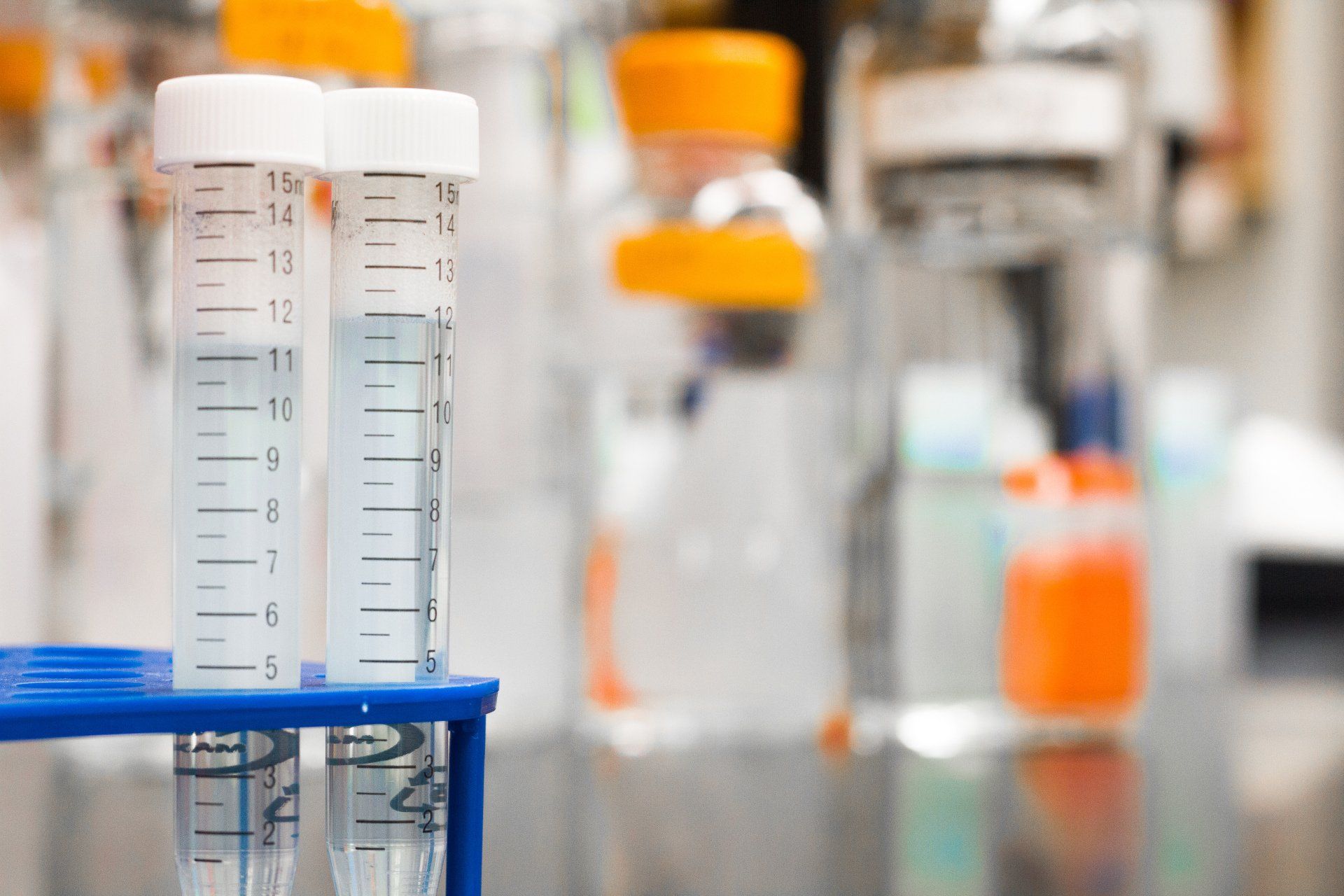Novel T cell measurement system by Novoviah Pharmaceuticals demonstrates high accuracy for clinical disease detection and monitoring of celiac disease
Novoviah Pharmaceuticals announces that their novel clinical platform technology for detecting and monitoring disease by measuring immune reactivity has been successfully tested in Celiac Disease, with results published inGastroenterology.
The NovoleukinTM test platform, developed specifically for clinical use, measures T Cell reactivity in fresh whole blood after 24-hour in vitro stimulation with a target antigen. The proprietary technology boosts T Cell activity after blood collection, enabling accurate cytokine biomarker measurement and comparison with unstimulated controls. This can be used to monitor disease reactivity status and the effectiveness of prospective therapeutics.
Originally developed for multi-center clinical trials, the NovoleukinTM system has potential for broader clinical use. Its utility and performance were demonstrated in collaboration with WEHI researchers who analyzed blood samples from 181 volunteers to identify the presence and assess the severity of celiac disease.
The results show high sensitivity (90%) and specificity (95%) in detecting celiac disease, even in patients following a strict gluten free diet which normally confounds traditional diagnostic methods.
The test detects as few as one gluten-specific T lymphocyte in one milliliter of blood or one per million CD4+ T cells. This level of sensitivity in a straightforward blood test is a landmark technical achievement and promises to impact patient care in many fields and accelerate immunotherapy and vaccine development.
Associate Professor Jason Tye-Din, Head of WEHI’s Celiac Research Laboratory and a gastroenterologist at the Royal Melbourne Hospital, highlighted the test’s promise for simplifying diagnosis and removing a significant barrier in current diagnostics.
“By stimulating T cells after a blood draw, patients can avoid the need to return to gluten and the suffering that often comes with that – for the sole purpose of diagnosis. That is a major step towards improving outcomes for patients.”
The test was also predictive of patient responses during gluten challenge protocols, underscoring its utility in stratifying patients for clinical research and tailoring therapeutic strategies.
Dr Robert Anderson, co-founder of Novoviah Pharmaceuticals, current President of the International Society for the Study of Celiac Disease and a practicing gastroenterologist, said the study highlights the potential of practical, blood-based T cell diagnostics in clinic and for clinical trials.
“The test is designed for ease of use in the clinical setting. It can be prepared without specialist equipment and then sent for highly sensitive laboratory analysis. The protocol is simple and reproducible enabling easy rollout across multiple sites,” Dr Anderson said.
The Novoleukin test’s ability to detect disease and measure changes in immune response has proven invaluable in the developmental journey for drug developers.
“Non-invasively monitoring T cell reactivity opens the door to transformative clinical applications, particularly in drug development,” Dr Anderson added.
“The platform is already being used by leading biopharma partners to evaluate immune responses during celiac disease clinical trials, offering real-time insights into treatment efficacy.”
Novoviah is actively expanding the diagnostic applications of the Novoleukin platform across additional immune-mediated diseases, including viral infection, autoimmune conditions and some cancers, aiming to bring T cell-guided insights to clinical and research settings.
The paper, Blood-based T Cell Diagnosis of Celiac Disease, was published in Gastroenterology on Tuesday 10 June 2025.
For further information,
contact Dr Kylie Ellis via email.
About Novoviah Pharmaceuticals
Novoviah is a Brisbane-based biotechnology company established in 2020 to develop and supply a new best in-class NovoleukinTM antigen-specific T cell testing platform for clinical trials and explore its broader application in clinical care. Novoviah is committed to advancing sensitive and reliable clinical tests for antigen-specific T cells to support drug developers, researchers, clinicians and patients needing better treatments and diagnosis. Find out more at
www.novoviah.com
About WEHI (Walter and Eliza Hall Institute of Medical Research)
WEHI is where brilliant minds collaborate and innovate to make life-changing scientific discoveries that help people live healthier for longer. Our medical researchers have been serving the community for more than 100 years, making transformative discoveries in cancer, infection and immunity, and lifelong health. WEHI brings together diverse and creative people with different experience and expertise to solve some of the world’s most complex health problems. With partners across science, health, government, industry, and philanthropy, we are committed to long-term discovery, collaboration, and translation. At WEHI, we are brighter together.
Find out more at
www.wehi.edu.au




